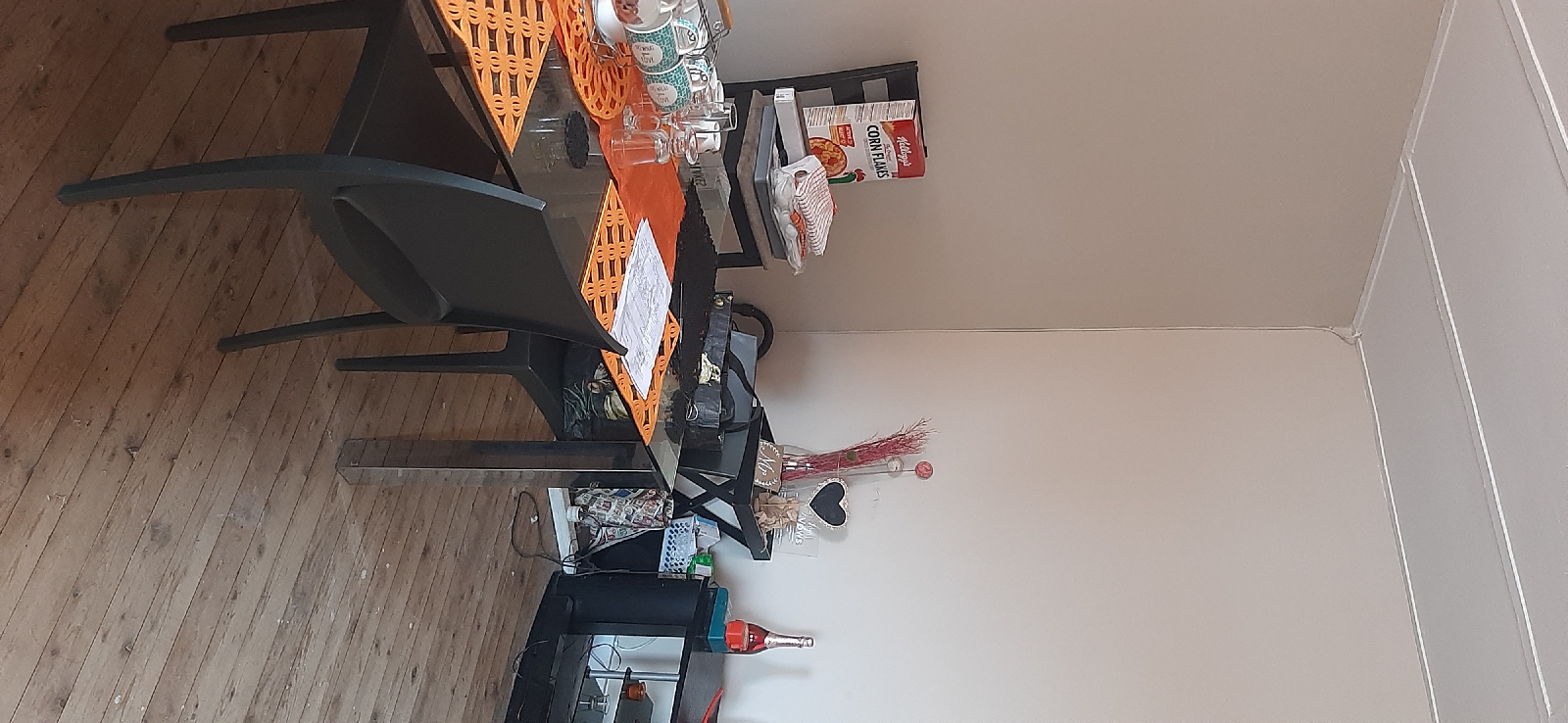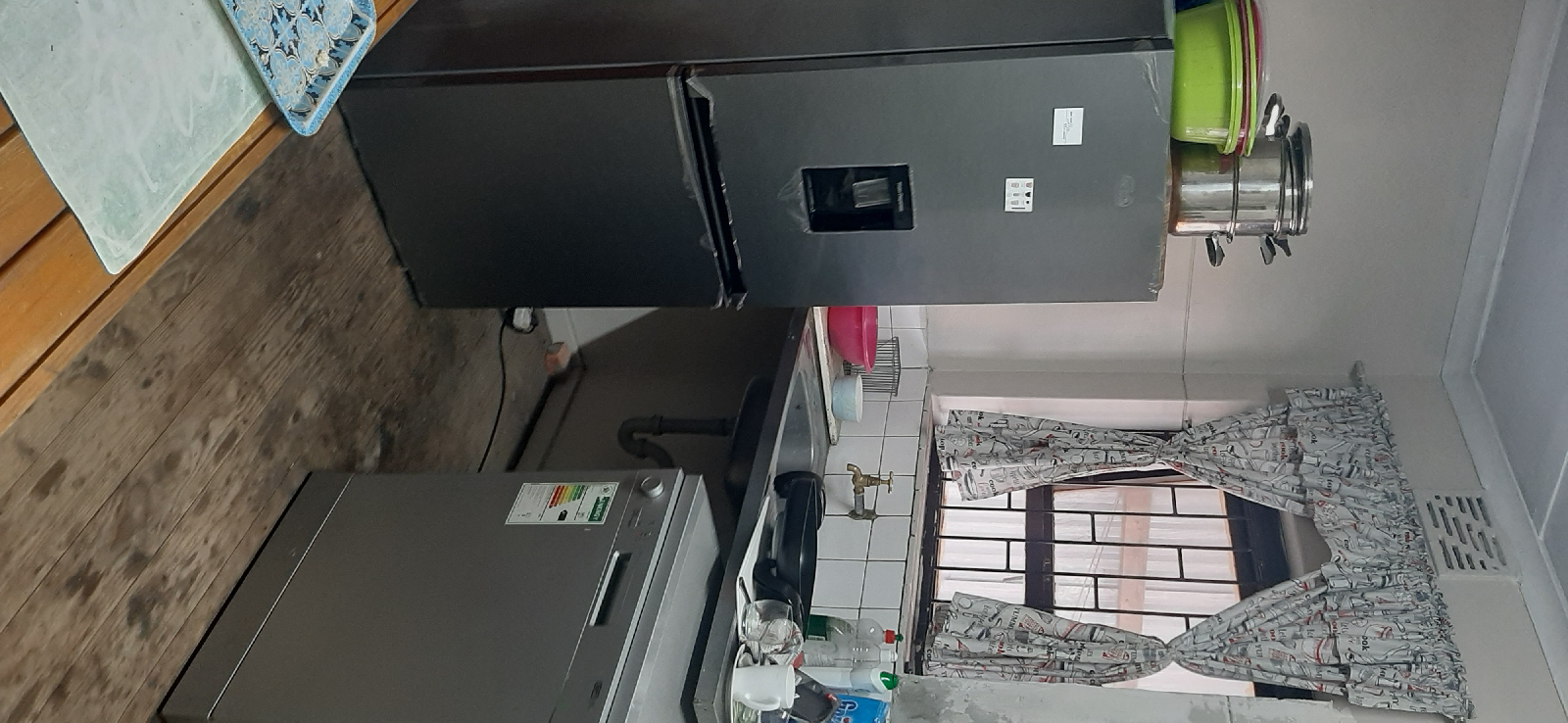Lake Properties Lake Properties
Lake Properties Lake PropertiesHere's a more detailed explanation of how rental payments work in South Africa, depending on the type of rental and context:
🏠 Standard Residential Rentals
These are long-term leases for houses, apartments, flats, or townhouses—what most people rent to live in.
🔑 Key Features:
- Monthly Basis: Rent is almost always quoted and paid monthly, not weekly.
- You’ll typically see listings like:
- “2-bedroom flat in Sandton – R9,500 per month”
- “R7,000 pm” (pm = per month)
- You’ll typically see listings like:
- Due Date: The rent is usually payable on the 1st day of each month.
- Lease Terms: Most residential leases are for:
- 6 months
- 12 months (most common)
- Month-to-month after the initial lease period, depending on the agreement.
- Utilities: Sometimes included, but often billed separately (e.g., water, electricity, refuse).
📝 Legal Framework:
- Governed by the Rental Housing Act and Consumer Protection Act, which outline tenant and landlord rights.
- Tenants are typically required to pay a deposit (usually 1 or 2 months’ rent).
🏖️ Short-Term & Holiday Rentals
These are furnished accommodations for short stays—popular in tourist-heavy areas like Cape Town, Durban, or the Garden Route.
🔑 Key Features:
- Charged daily or weekly, depending on the duration and provider.
- Common platforms: Airbnb, Booking.com, private guesthouses.
- Ideal for tourists, digital nomads, or people between permanent rentals.
- Not subject to the same long-term rental regulations.
🏢 Student Housing or Shared Rentals
For student accommodation or shared houses (often called "communes"), rental terms can vary slightly:
- Still generally monthly, but with some flexibility for per-room rentals.
- Shared utility bills or a fixed contribution toward them.
🔍 How to Identify Rent Terms in Listings:
- Monthly rentals will often be abbreviated as:
- R5,000 pm
- R12,000/month
- Monthly rental: R8,500
- Short-term or weekly rates will say:
- R1,200 per night
- R3,500 per week
- Holiday rental – R950/night
✅ Summary:
| Rental Type | Payment Frequency | Common Duration | Notes |
|---|---|---|---|
| Long-term residential | Monthly | 6 or 12 months | Most common |
| Short-term/holiday | Daily or weekly | 1 day – few weeks | Tourist areas |
| Student/shared housing | Monthly | 6–12 months or flexible | Sometimes shared bills |






































